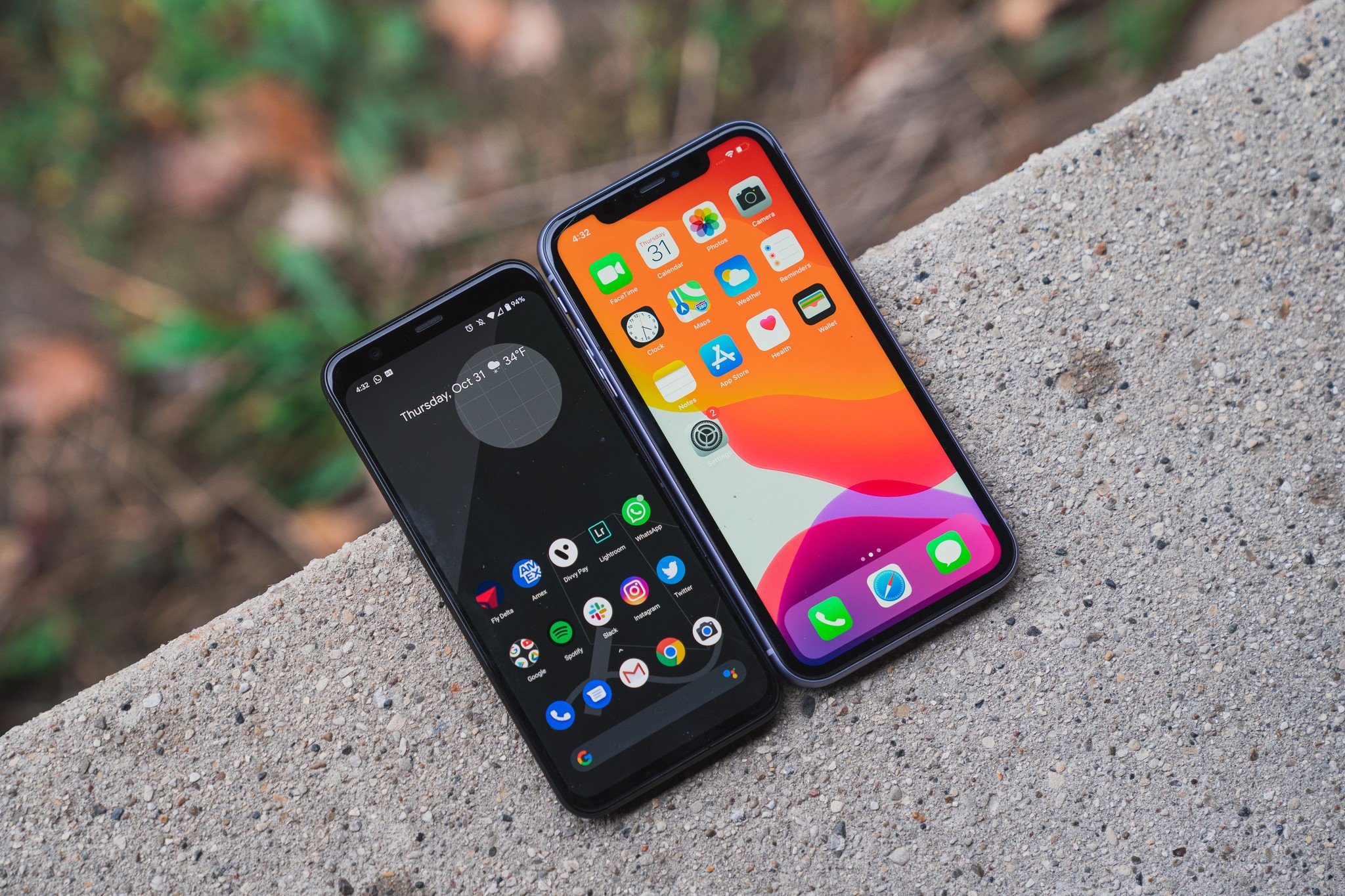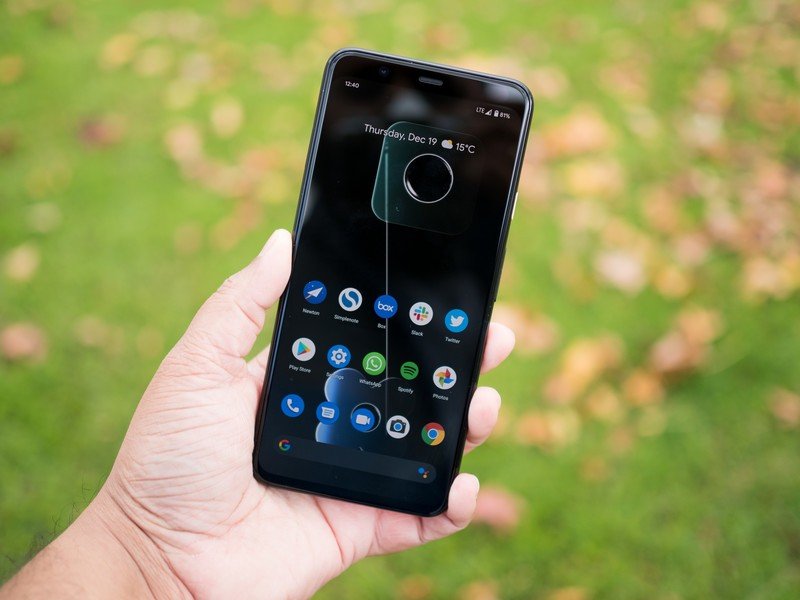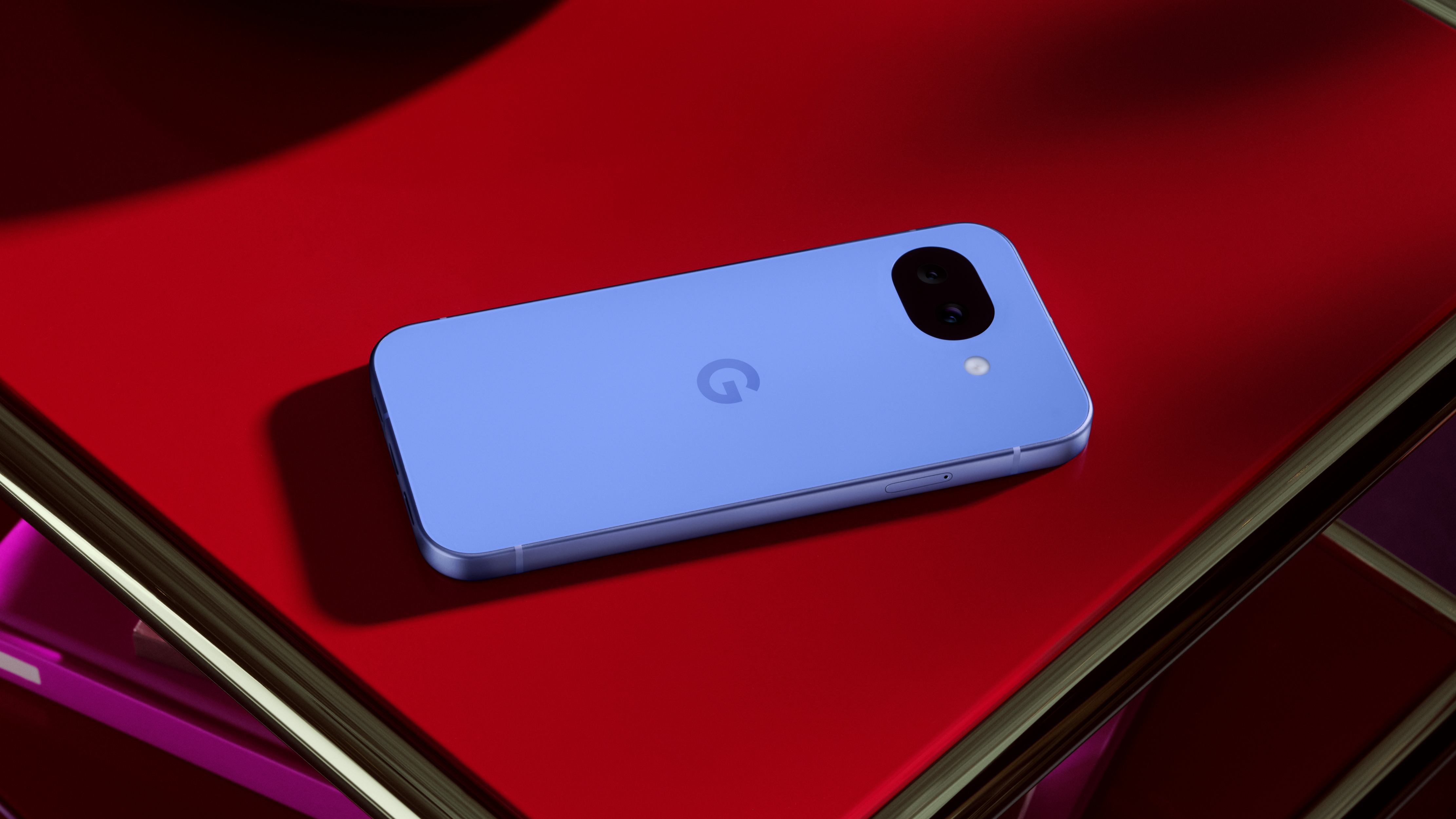Two years of software updates is no longer enough for $1000 Android phones

Get the latest news from Android Central, your trusted companion in the world of Android
You are now subscribed
Your newsletter sign-up was successful
The iPhone X set the stage for $1,000 flagships back in 2017. Samsung's Galaxy Note 8 wasn't far behind, with the phone launching at $929. Ever since then, phone prices have been regularly trending upward, and the latest Android flagships now start off at $1,000. The regular Galaxy S20 retails for $1,000, with the Galaxy S20 Ultra starting off at $1,400. Then there's the Verizon-exclusive Motorola Edge+ which also costs $1,000, and even Xiaomi is getting in on the action with the Mi 10 Pro, which retails for €999 ($1,080) in the UK.
Sure, the corresponding hike in prices is attributed to improved hardware, with phones these days sporting much better displays with high refresh rates, larger camera modules with dedicated telephoto lenses, and 5G connectivity. The new connectivity standard alone has led to a $100 to $200 increase in prices from the previous generation.
Android phones now have much better hardware, but the software update cycle is unchanged from previous years.
And while Android flagships are substantially costlier now and feature much better hardware than a few years ago, one art that hasn't changed is software updates. Most brands are still only committed to offering two platform updates and security updates for three years, and that's true even for $1,000 flagships. That needs to change.
As my colleague Joe Maring pointed out, the software experience is more important than any other spec in 2020. Hardware has been commoditized for some time now, and if you want a phone with the latest specs, you don't have to spend $1,000. Regardless of how much you've paid for your phone, if the software is sub-par, you're going to have a bad experience.
In that context, software updates matter more than ever. New platform versions bring a host of new features, and while Android 10 did not introduce many visual changes over its predecessor, there were a lot of changes under the hood. But with brands only committed to two Android version updates, only phones released in the last two years will get the latest Android update — leaving tens of millions of devices out in the cold.
Android phones have fared poorly against the iPhone in this area for years, and while Google tried to change that by requiring brands to offer at least two platform updates, not all manufacturers have complied with that rule. Motorola typically commits to only one platform update, and it took endless user backlash for the brand to agree to delivering two updates to its Edge+ flagship.

Because of the egalitarian nature of Android, there's not much Google can do to enforce these rules. Google is instead leading by example by extending the software support on its Pixel phones. Google delivered the Android 10 update to the first-gen Pixel XL, making it the third platform update for the phone.
Get the latest news from Android Central, your trusted companion in the world of Android
The Pixel software update page clearly mentions that the Pixel 2 series will get platform version updates until October 2020 — guaranteeing Android 11 for the devices — with the Pixel 3 and Pixel 4 series also slated to receive three platform updates.
Google is committing to three platform updates for Pixels. Brands like Samsung need to follow suit.
By ensuring that Pixel flagships get three platform updates, Google is offering at least one more version update than the rest of the field. It still isn't the same as the four or five years of updates that Apple delivers to its iPhones, but it's a good starting point nonetheless. The issue here is that Pixel phones make up a tiny fraction of Android phones globally, and realistically, a brand like Samsung needs to take the onus to drive the change on Android.
Samsung is the 800-pound gorilla in the room, and if the South Korean manufacturer changes its policies around updates, other device makers will have to inevitably follow suit. Samsung does a decent job rolling out updates to its flagships, but it doesn't fare so well when it comes to its mid-range and budget Galaxy A phones, particularly in Asian markets. There have been several cases in the past where the brand delivered just a single platform update to its budget phones.
With the $399 iPhone SE changing the paradigm for value, it's high time Android manufacturers extend software support on their phones. The iPhone SE runs the latest A13 Bionic chipset, and that means it will get updates for at least four years. This gives it a distinct advantage over every other Android phone in the sub-$500 segment.
The new reality is that people are using their devices for longer than ever before. With budget and mid-range phones increasingly sporting much more robust hardware, there's no reason to upgrade your phone on a yearly basis. For instance, the Galaxy A71 is powered by the Snapdragon 730, and the hardware itself is good enough that it will easily last three or more years without any issues. But Samsung is committed to two version updates and a further year of security updates, delivered once a quarter.
To sum it up, Android device manufacturers need to start rethinking their strategy around updates not just in the flagship segment, but also in the mid-range category. The launch of the iPhone SE is a wake-up call for the industry as a whole, and it has highlighted the gulf that exists between Android and iOS updates. We'll just have to wait and see if it acts as a catalyst for Android manufacturers to raise their game.

The best camera at this price point
The Pixel 3a XL is still a great phone in 2020, and the fact that you can get it for under $500 makes it a fantastic deal. The hardware holds up just fine, the camera is still the one to beat in this category, and best of all, it gets regular updates.

Harish Jonnalagadda is Android Central's Senior Editor overseeing mobile coverage. In his current role, he leads the site's coverage of Chinese phone brands, networking products, and AV gear. He has been testing phones for over a decade, and has extensive experience in mobile hardware and the global semiconductor industry. Contact him on Twitter at @chunkynerd.
